The new frontier: Meet the power players cashing in on the AI gold rush
As hundreds of billions pour into data center development, these are the names making a killing from AI investments.
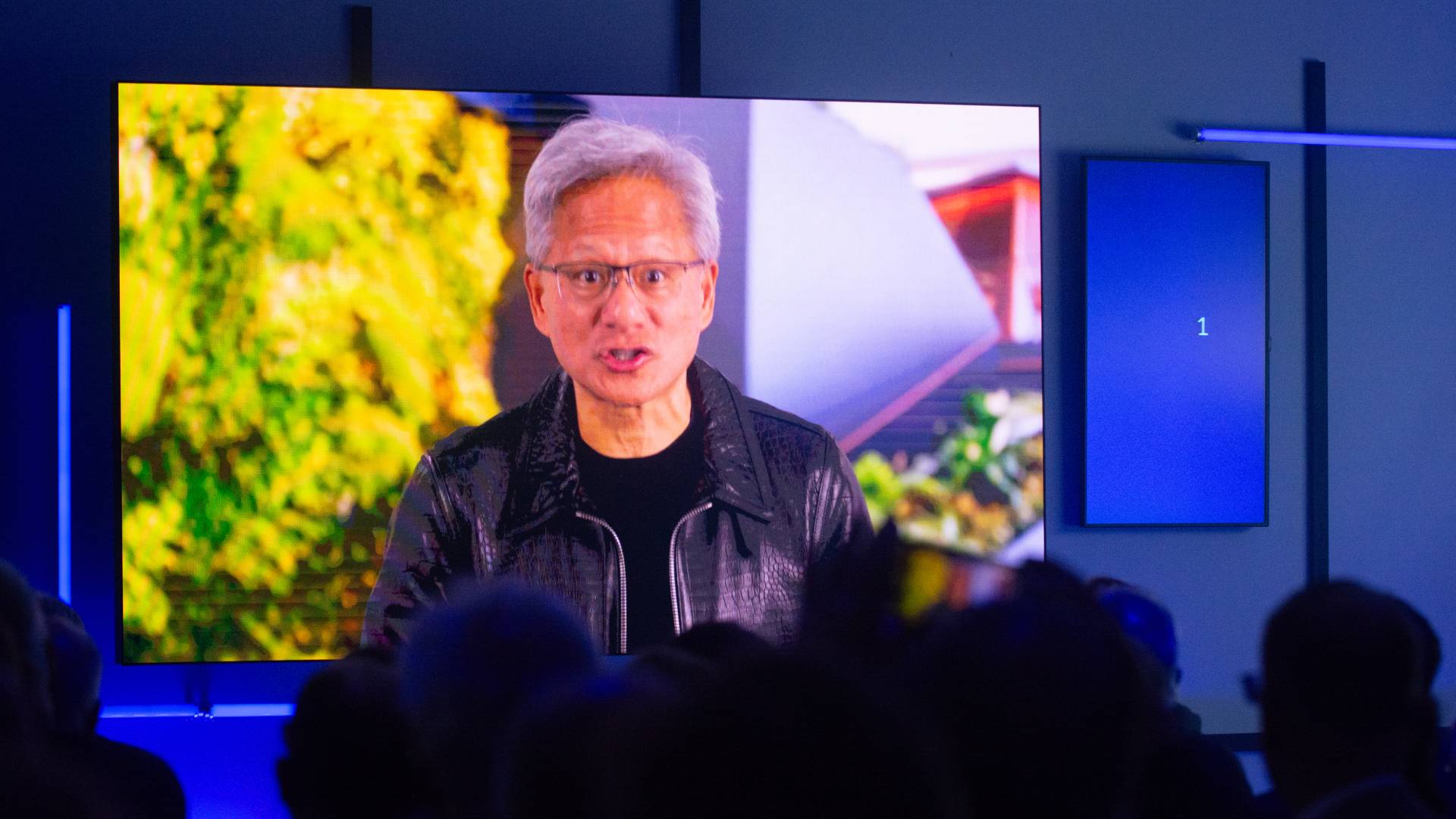
If there is one unifying theme across the entire AI industry over the past year, it has been staggering, unprecedented investment. Hundreds of billions of dollars have poured into companies the world over, promising enormous innovation and profit-making opportunities in equal measure. Governments and private enterprises have scrambled to keep pace with its rapid evolution, and even if the biggest companies haven't managed to make a profit just yet, that's not stopping the investor dollars from flowing in.
That's largely to the benefit of the companies receiving that level of interest and backing, but most of those companies are headed by individuals with large stakes in them. As those investments were announced and company stock prices ballooned in response, so did the personal fortunes of CEOs, founders, and investors, to truly eye-watering levels.
Oracle's Larry Ellison "made" over $100 billion in a single day when it was announced his company had struck a $300 billion infrastructure deal with OpenAI over five years, catapulting him into position as the world's richest person overnight.
He's far from an isolated example. We've collated a list of notable names who have been the biggest benefactors in the ongoing AI boom.
Jensen Huang - Nvidia
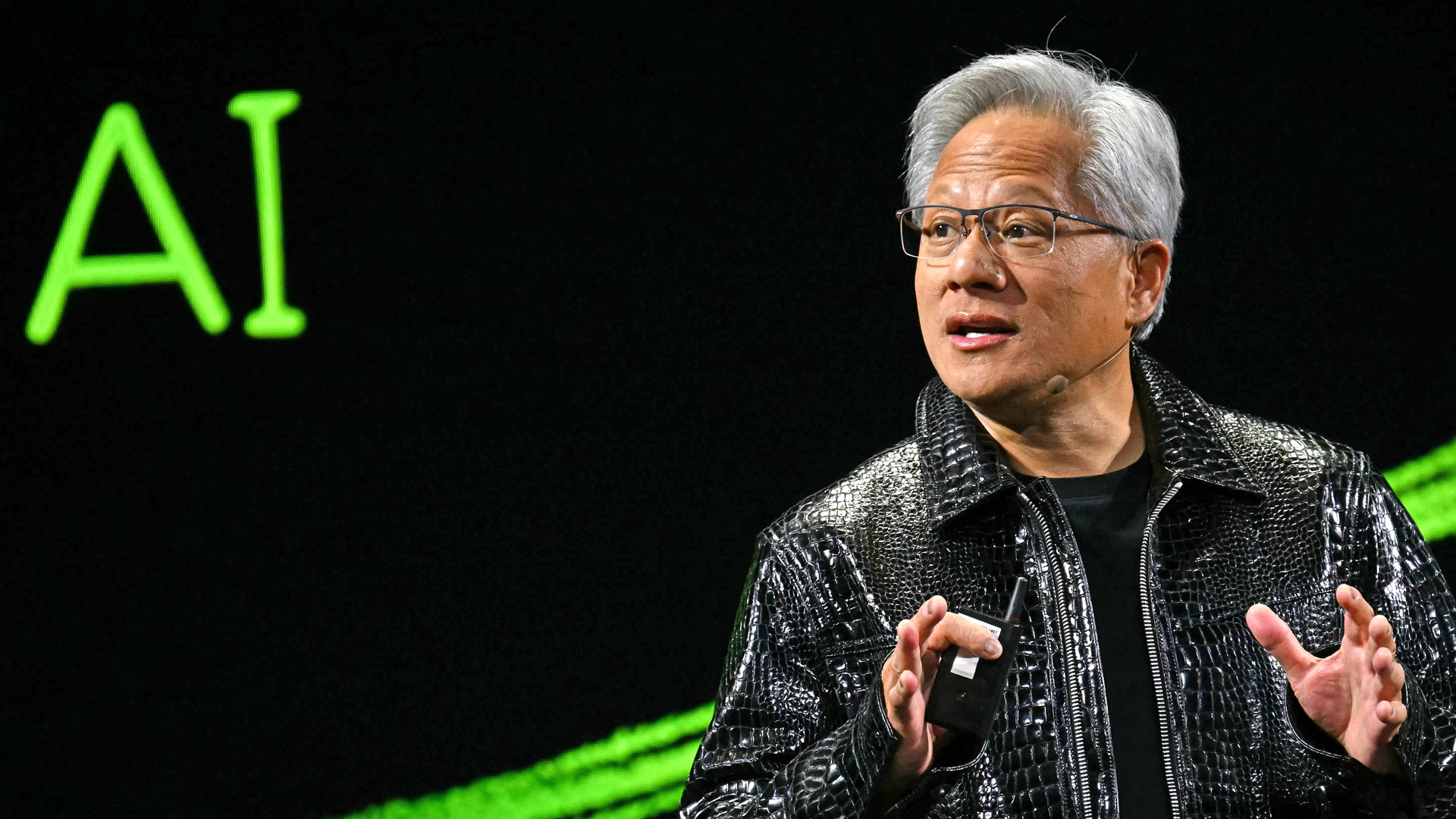
Jensen Huang founded Nvidia in a Denny's in 1993 and, until the mid-2010s, was primarily known within the relatively niche world of PC gaming enthusiasts. However, in the latter years of the decade, he was tipped by Fortune to power the AI revolution, and from the back of that, his personal wealth exploded.
By 2019, he was worth $3 billion, ballooning to $100 billion by mid-2024, and reaching a peak of $243 billion in August 2025, before falling to around $157 billion at the time of writing. This tracks almost exclusively with the Nvidia share price. Huang maintains around 3.8% of the company and remains its largest shareholder.
Huang is one of the many AI CEOs spearheading the enormous global investment in AI, promising to help build as much as $500 billion in "AI factory" data centers in the U.S. alone by 2029. Even if he doesn't quite hit that milestone, though, Nvidia GPUs are the fastest and most capable for AI training and inference, and that sees no sign of slowing.
As the head of the world's most valuable company at the forefront of the hottest investment industry in the world, it would be no surprise to see Huang's personal wealth continue to grow in the years to come.
Huang has maneuvered Nvidia into a keystone position in this burgeoning industry. While the likes of Meta used to train its AI on internally developed hardware, today, they use Nvidia GPUs. As does xAI, and OpenAI. Even though Chinese developers can't get the best Nvidia GPUs, they've still bought up H20s in the hundreds of thousands.
The plan moving forward is to continue the upsell. Nvidia recently announced its Blackwell Ultra GB300 GPU platform, which is multiple times faster for AI inference workloads than older Hopper-based designs, and allegedly up to 45% faster running DeepSeek than even existing Blackwell GPUs, like the GB200.
Huang is taking the yearly upgrade model that turned Nvidia into a leading gaming business, and applying it to AI and data centers. He's encouraging the building of "AI factories," which are described like money printers: GPUs and electricity go in one end, and money comes out the other.
Nvidia wants to sell the world on the "economics of inference," and it wants to sell them the hardware to help them benefit.
Larry Ellison - Oracle
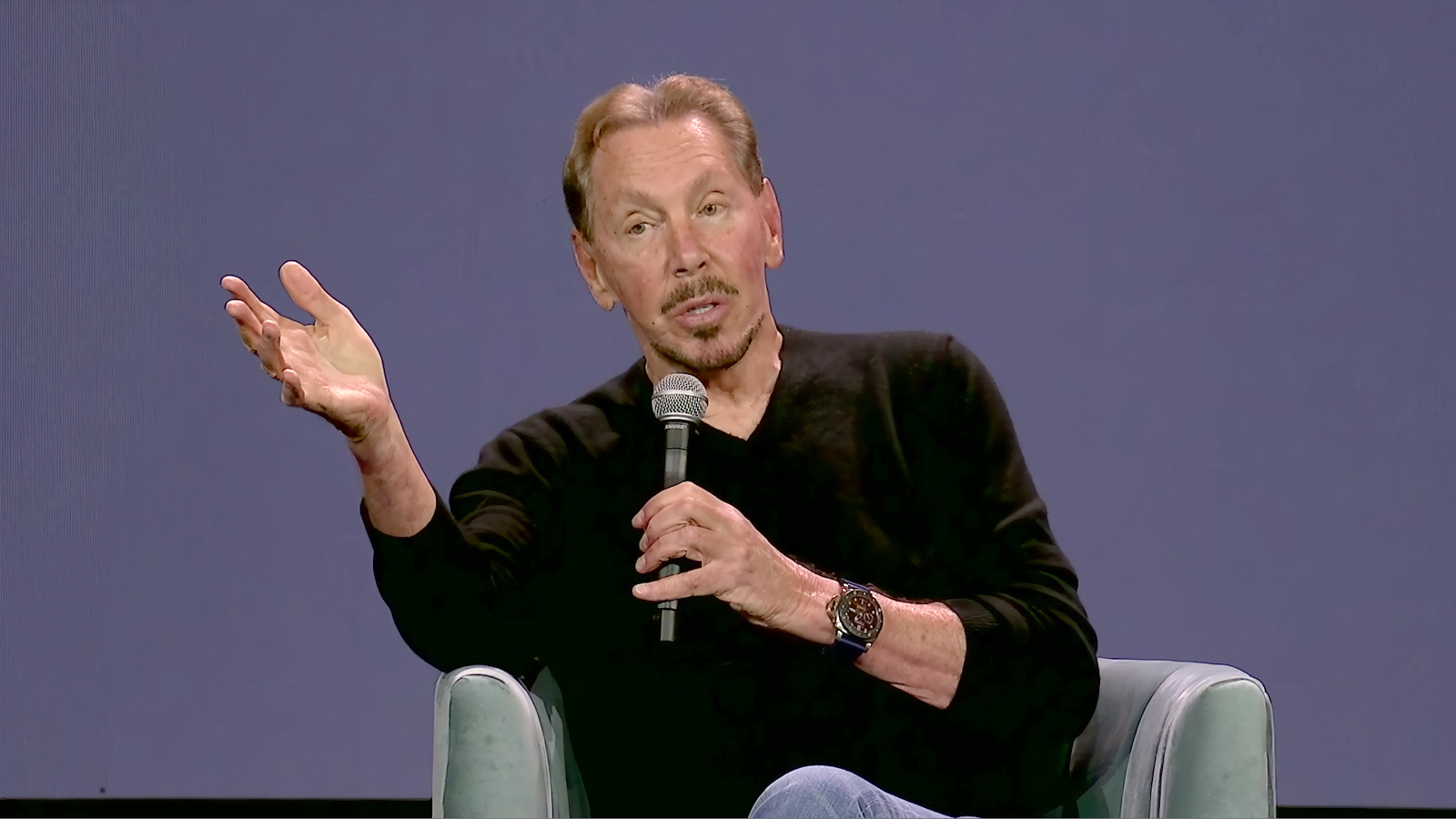
The new richest man in the world, Larry Ellison is worth $383 billion at the time of writing. He founded the company that would become Oracle in 1977, and remained its CEO until mid-2014, though he retains roles as the CTO and executive chairman. He has a range of business investments that make up his expansive portfolio, including 10s of millions of Tesla shares, and a commanding stake in Paramount Skydance.
But it's his 40% stake in Oracle that has seen his net worth expand so rapidly in recent years. In 2020, he was worth around $67 billion, but by 2025, when Oracle was announced as a partner in the massive Stargate project, his net worth began to skyrocket. By mid-2025, it was over $200 billion, and following the announcement of another $300 billion partnership with OpenAI, he became the world's richest man; at least, temporarily.
Staying there may depend on the real-world feasibility of the deal. Although Oracle is a company worth in excess of $600 billion, it holds a lot of debt, and will reportedly need to take on a lot more of it to secure the hardware and build the infrastructure it will need to supply OpenAI in the first place. On top of that, OpenAI will have to figure out how to pay for it. With its revenue for 2025 predicted to be between $15 and $20 billion, and none of it profit, it doesn't even generate enough to pay for a portion of a single year of this deal.
And still, it's been struck and confident plans made for its commencement in 2027. Oracle has announced its intention to build data center facilities in Wyoming, Pennsylvania, Texas, Michigan, and New Mexico with partner firm Crusoe.
With much of Oracle and Ellison's value now resting on the projected annual revenue from this OpenAI deal, both companies will need to follow through to keep Oracle riding high.
Alexandr Wang - Scale AI
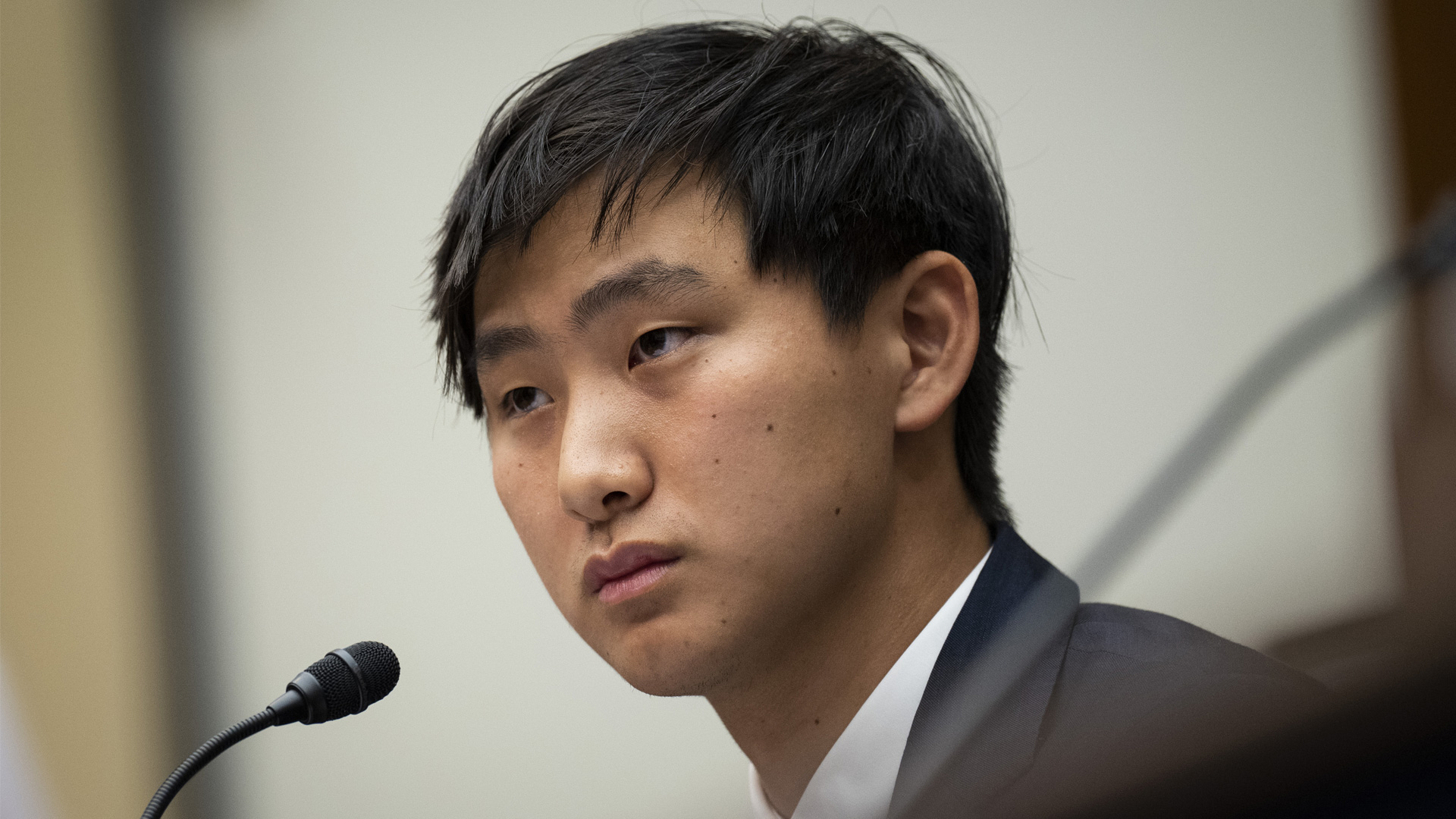
The youngest member of this list, Alexandr Wang is the current chief AI officer at Meta, a role he received after Mark Zuckerberg invested over $14 billion in his company, Scale AI, pushing his personal net worth up to $3.2 billion.
He founded Scale AI in 2016, aged just 19, as a data labeling and model evaluation service. Within five years, the company was worth over $7 billion, and Wang's personal net worth reached a billion for the first time. Wang is estimated to maintain a 5% stake in Scale AI, though the company is not publicly traded, so it's unknown how much any such stake would be worth.
Wang is now a prominent figure within Meta and is effectively the head of its AI developments, though presumably with some deference to Mark Zuckerberg. He'll be looking to spearhead Meta's plans for AI superintelligence. Although it doesn't have a definitive definition, it's a lofty goal the company is targeting in an effort to leapfrog the immediate efforts of its contemporaries.
Scale AI will run in his absence, but it seems likely to slowly pivot to more government and militaristic roles in the years to come. Wang has been a consistent presence within the tech circles of the Trump administration, and Scale AI has signed deals in 2025 with the United States Department of Defence to use AI to plan ship movements and with the Qatari government to use AI tools in predictive analytics.
Mark Zuckerberg - Meta
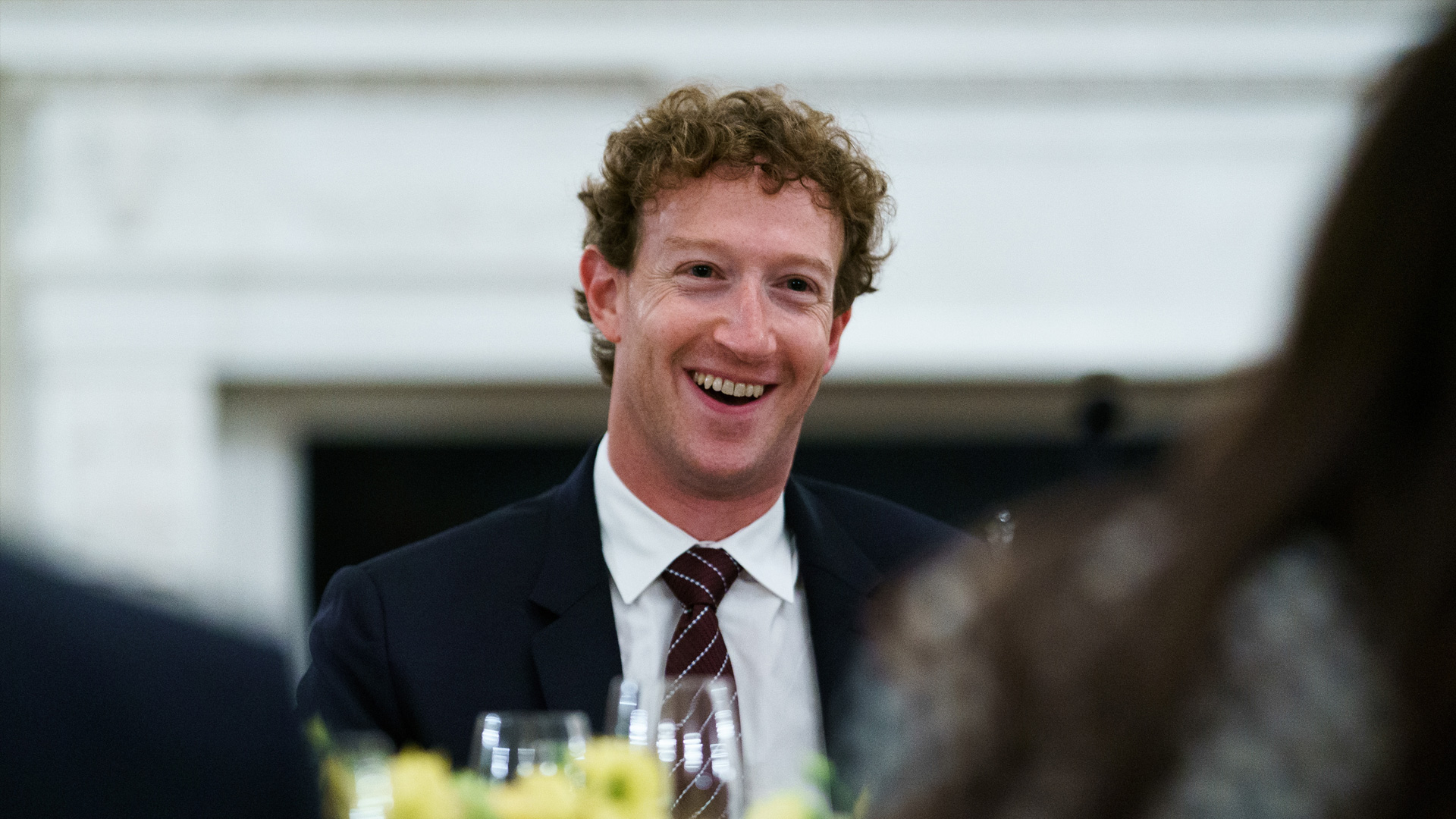
A fixture on billionaire lists of all kinds for the best part of 20 years, Mark Zuckerberg pivoted from hyping the metaverse to pushing the AI future after the success of ChatGPT in 2022/2023 - although Meta AI has been a branch of Meta since 2013 (then called Facebook Artificial Intelligence Research).
Although Meta has largely garnered AI-related headlines for its spending habits more than its products, it's still a major player in the AI space, and Zuckerberg has pushed artificial intelligence development as one of the core products of his company moving forward. Much like the Metaverse was before it.
Perhaps that's why Zuckerberg's personal wealth hasn't ballooned quite like some of the others on this list, but he still has one of the largest single-day value pops on his resumé. In July 2025, his net worth leapt over $28 billion in a single day after the Meta stock jumped following strong revenue reports. However, at the time, investors were seemingly excited by the potential of Meta's AI investments, which had been aggressive, especially with regard to bringing in talent like Alexandr Wang.
Zuckerberg has set his AI sights higher than most, though. Where OpenAI, xAI, and Anthropic are mostly focused on developing functional AI tools today, Meta isn't competing directly and is instead said to be focusing its research efforts on developing "super intelligence." This would be an AI model with greater than human-level intelligence.
It would need to be more functional and capable than even general intelligence AI, or AGI, which is seen as the goal of many AI research and development projects. But since no one has clearly defined that, or shown any sign we're close to such a breakthrough, the idea of doing something much more capable than that in the near term is hard to imagine.
Elon Musk - xAI
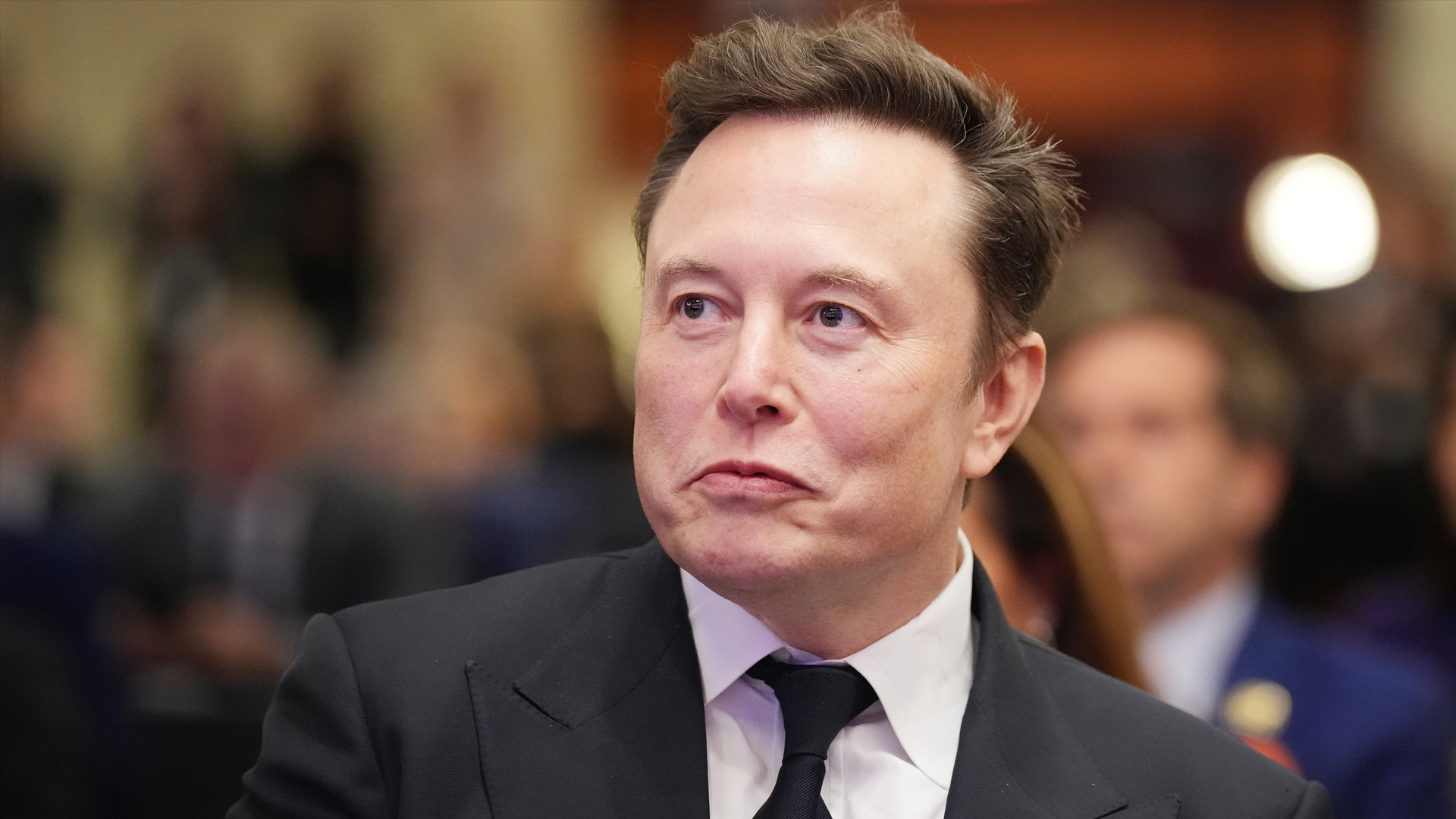
Elon Musk is a divisive figure with fingers in many pies. While most of his wealth derives from shares in Tesla and SpaceX, he is also a majority shareholder in xAI, which produces the Grok artificial intelligence most commonly used on Twitter/X. When Musk used xAI to purchase X Corp (X's parent company) in March 2025, it valued the combined holdings of the two companies at $80 billion.
He's since gone on to announce he's buying an entire power plant to run AI inference, and hopes to buy 50 million Nvidia GPUs.
The xAI valuation contributes mightily to Musk's total net worth of around $400 billion, depending on market fluctuations (at the time of writing, Larry Ellison and he are bouncing back and forth for the top spot). This is close to double his net worth from 2022, but while his AI endeavours have contributed to that, it's the Tesla share price that has been the main driver of his wealth generation.
What's next for Musk and his AI efforts is hard to pin down. He's always talked a big game about his companies and services, whether it's promising self-driving cars within two years over a decade ago, or reaching Mars before 2030. His latest claims are that AI will be smarter than a human by 2026 and smarter than the combined intelligence of all humans by 2030.
He wasn't clear whether Grok would be the AI to make that achievement. More recently, Grok has been embroiled in scandals where it praised Hitler and allows users to create sexually-explicit deepfakes of celebrities. Even if superintelligence is possible with large language models, there's still a lot of work to do before we get there with the current crop of options.
The race for superintelligence is on
Many figures on this list, such as Musk, Alexandr Wang, Zuckerberg, and more, are all embroiled in a race to develop the most cutting-edge AI models possible. However, Jensen Huang's Nvidia is selling the most powerful chips to power it all.
The outlook remains fierce, and with investors still clearly interested in the potential of AI, there could still be billions more to be made for the top names at all of these companies. As the AI race marches on and deals are being struck to democratize AI usage among people and populations, it's clear that the genie won't be going back in the bottle any time soon, even if OpenAI's Sam Altman admits that investors remain "overexcited" about AI.
Follow Tom's Hardware on Google News, or add us as a preferred source, to get our up-to-date news, analysis, and reviews in your feeds. Make sure to click the Follow button!

Jon Martindale is a contributing writer for Tom's Hardware. For the past 20 years, he's been writing about PC components, emerging technologies, and the latest software advances. His deep and broad journalistic experience gives him unique insights into the most exciting technology trends of today and tomorrow.
